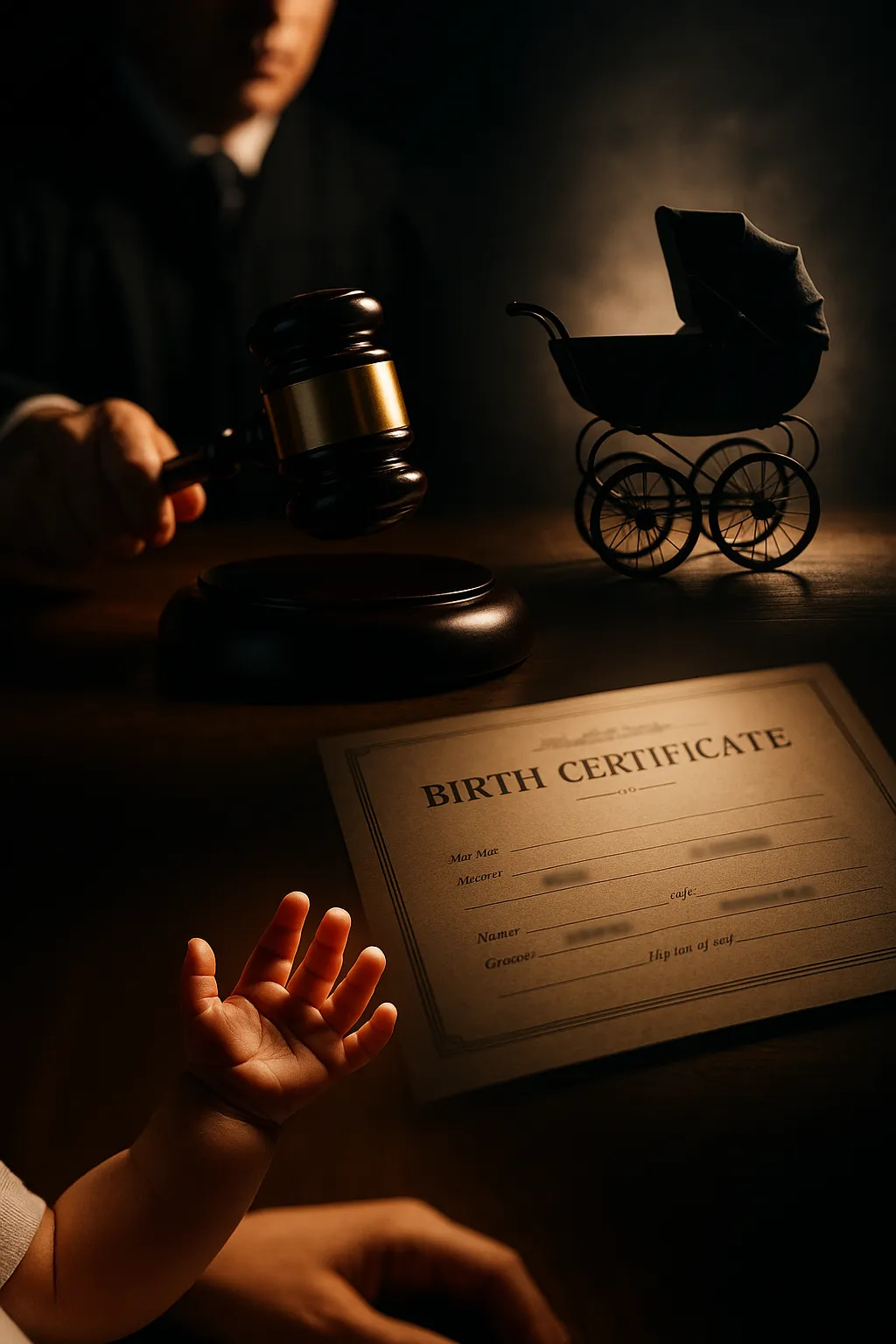THE SURROGATE STORY

In 1994, John Buzzanca’s divorce spiraled into a custody fight no one in California had ever seen. A child — born through surrogacy — had no biological connection to either John or his estranged wife.
Who was the parent? The one who initiated the process? The one who walked away? Or no one at all?
The courts wrestled with questions of love, responsibility, and intent. By 1998, the case Buzzanca v. Buzzanca became a precedent‑setting ruling: parenthood could be established by intent, not just DNA.
This case is still studied in law schools, cited in contracts, and debated in family law today. But for John, it wasn’t just history. It was personal.